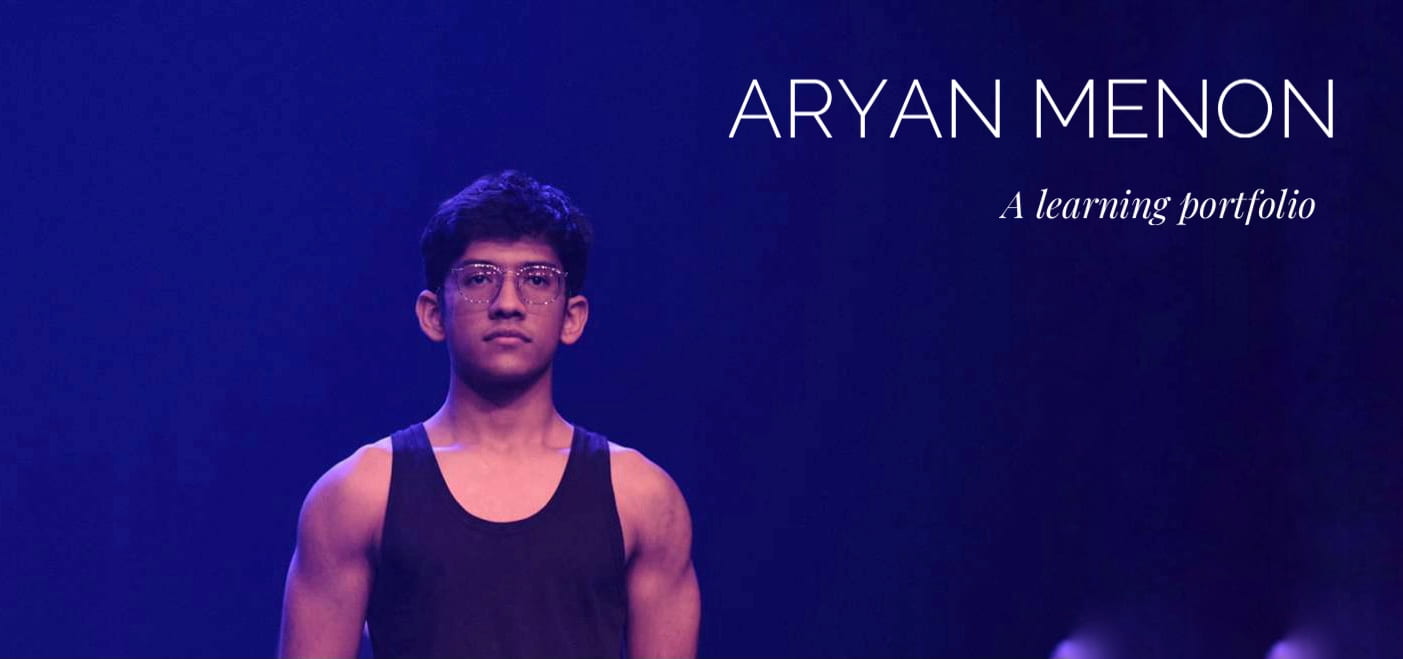You do not have to be good.
You do not have to walk on your knees
for a hundred miles through the desert repenting.
You only have to let the soft animal of your body
love what it loves.
Tell me about despair, yours, and I will tell you mine.
Meanwhile the world goes on.
Meanwhile the sun and the clear pebbles of the rain
are moving across the landscapes,
over the prairies and the deep trees,
the mountains and the rivers.
Meanwhile the wild geese, high in the clean blue air,
are heading home again.
Whoever you are, no matter how lonely,
the world offers itself to your imagination,
calls to you like the wild geese, harsh and exciting –
over and over announcing your place
in the family of things.
Are we doing the right thing? Are we on the right track, are we fulfilling our place in society? These questions are frequent visitors of the minds of many, chaining them to an endless loop of self-doubt and insecurity. They are also what the poem “Wild Geese” tries to tackle.
“you do not have to be good”. This is the main narrative followed by the poem “Wild Geese”, presented in the form of a conversation that moulds the reader’s beliefs. Its message is comforting, one that is accepting of inadequacy, advocating imperfection as the standard. It persuades the reader to surrender to the idea that we are chasing after the wrong ideal of morality

